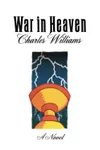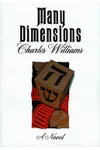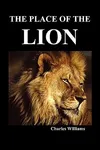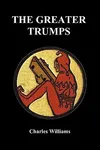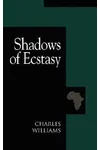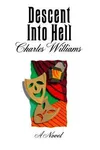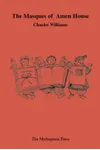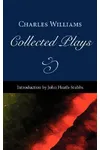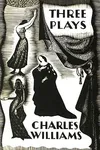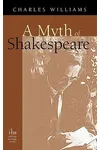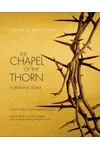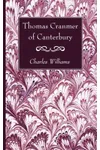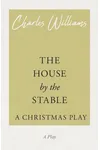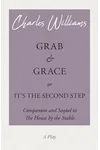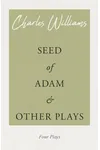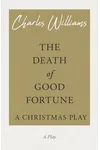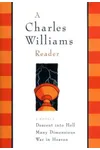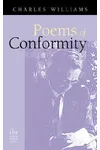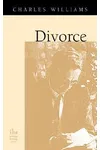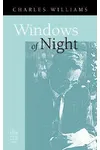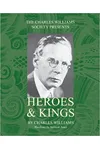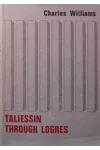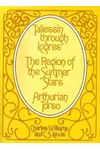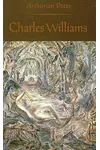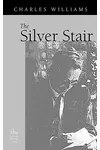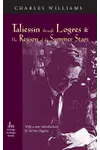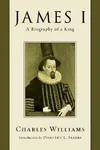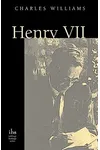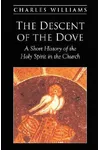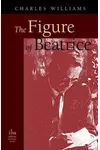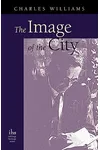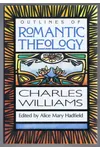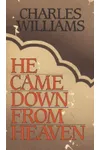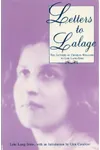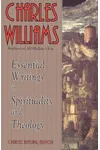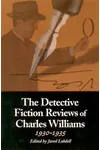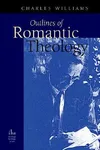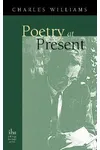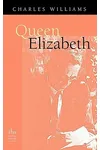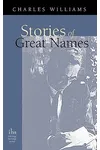Picture a British storyteller who wove supernatural chills with deep spiritual truths—meet Charles Walter Williams! A poet, novelist, and theologian, Williams was a key figure in the Inklings, the legendary Oxford literary group alongside C.S. Lewis and J.R.R. Tolkien. His 'theological thrillers' blend everyday life with mystical forces, inviting readers into a world where the divine and the eerie collide.
Born in 1886, Williams lived a life as layered as his stories. From his London roots to his Oxford days, he crafted works that challenged readers to see the sacred in the ordinary. Ready to dive into his unique legacy? Let’s explore the man behind the magic.
The Making of Charles Walter Williams
Charles Walter Stansby Williams was born on September 20, 1886, in London, the only son of Walter and Mary Williams. Growing up in modest circumstances, he showed early brilliance but couldn’t afford to complete his studies at University College London. In 1908, he joined Oxford University Press as a proofreader, a role that sparked his lifelong love of literature. His early poetry, like The Silver Stair (1912), reflected his romantic and spiritual leanings, shaped by his deep Anglican faith and fascination with mysticism.
Williams’s move to Oxford in 1939, prompted by wartime, brought him closer to the Inklings. There, he found kindred spirits in Lewis and Tolkien, sharing drafts and ideas over pints at The Eagle and Child pub. His vibrant lectures on poets like Milton and Wordsworth also earned him an honorary M.A. from Oxford, cementing his scholarly reputation.
Charles Walter Williams’s Unforgettable Stories
Williams is best known for his seven 'supernatural thrillers,' novels that fuse the mundane with the divine. War in Heaven (1930) kicks off with the Holy Grail surfacing in a rural parish, sparking a cosmic battle. Descent into Hell (1937) explores self-sacrifice and spiritual isolation, with a haunting timeslip narrative. All Hallows’ Eve (1945), praised by T.S. Eliot, weaves ghosts and occult forces into a gripping tale of redemption. Many Dimensions (1931) introduces the Stone of Suleimon, a mystical artifact that bends time and space.
His style is dense yet poetic, often described as obscure but rewarding. Williams didn’t craft far-off fantasy worlds like Tolkien or Lewis; instead, he set his stories in contemporary England, making the supernatural feel unnervingly close. Themes of co-inherence—the idea that humans are spiritually interconnected—and romantic theology, where love mirrors divine grace, run through his work. His Arthurian poetry, like Taliessin through Logres (1938), blends myth and mysticism, earning praise for its innovative verse.
Williams’s novels influenced modern fantasy writers like Tim Powers, and his theological ideas left a mark on Lewis’s That Hideous Strength. Though complex, his stories offer a thrilling mix of suspense, philosophy, and faith, perfect for readers who love a challenge.
Why Charles Walter Williams Matters
Williams’s impact lies in his ability to make the spiritual tangible. As an Inkling, he shaped the mythopoetic revival, encouraging writers to explore faith through imagination. His focus on co-inherence and substituted love—bearing others’ burdens—resonates with Christian theology yet feels universal. Despite his obscurity compared to Lewis or Tolkien, fans like W.H. Auden and Rowan Williams celebrated his genius, and his novels continue to inspire niche but devoted readers.
His life, cut short in 1945, left a void in the Inklings. Buried in Oxford’s Holywell Cemetery, his headstone reads 'Poet' and 'Under the Mercy,' a fitting epitaph for a man whose work bridged heaven and earth. Williams’s legacy endures in his bold exploration of the sacred, urging us to see the divine in everyday life.
- Born: September 20, 1886, London, England
- Died: May 15, 1945, Oxford, England
- Key Works: War in Heaven, Descent into Hell, All Hallows’ Eve, Taliessin through Logres
- Notable Honor: Honorary M.A., Oxford University (1943)
Snag Descent into Hell or All Hallows’ Eve and dive into Charles Walter Williams’s thrilling, mystical world! His stories might just make you see the everyday in a whole new light.
